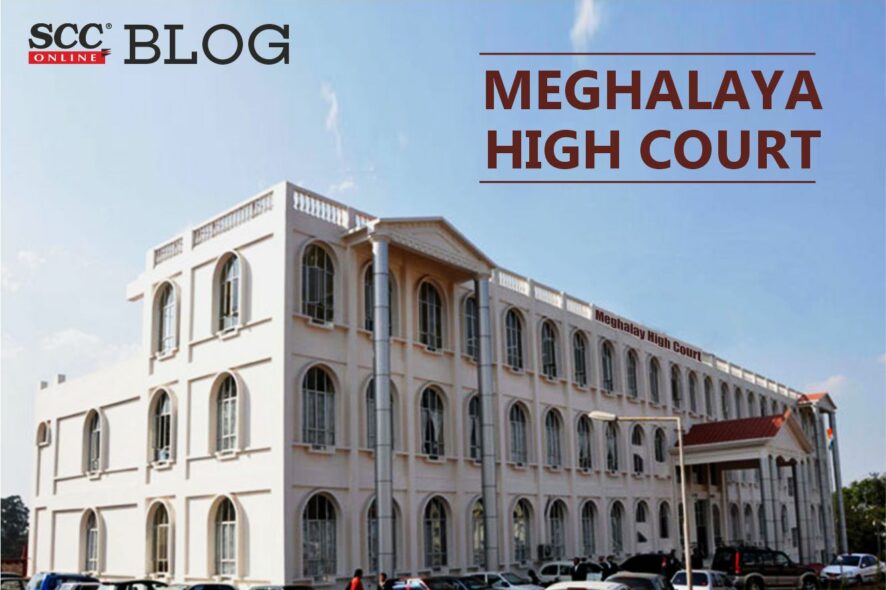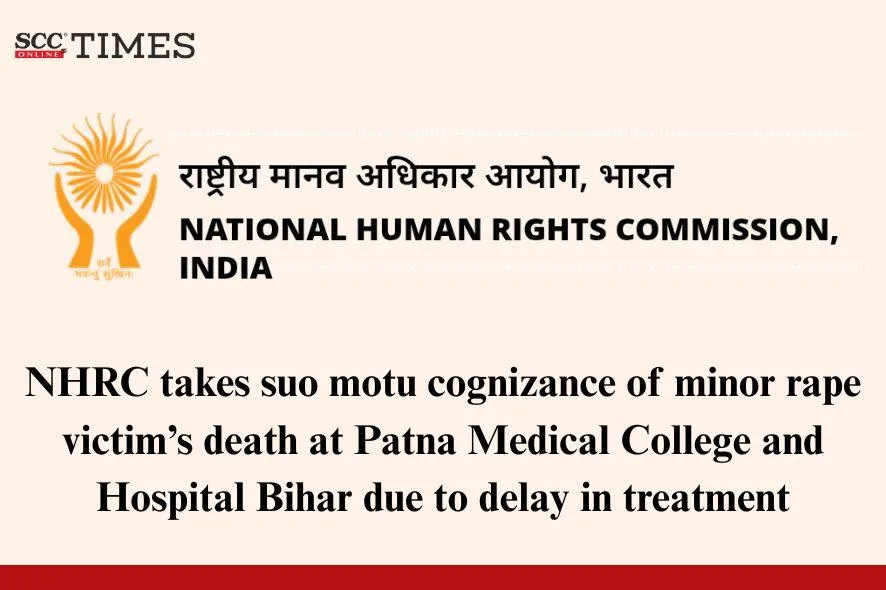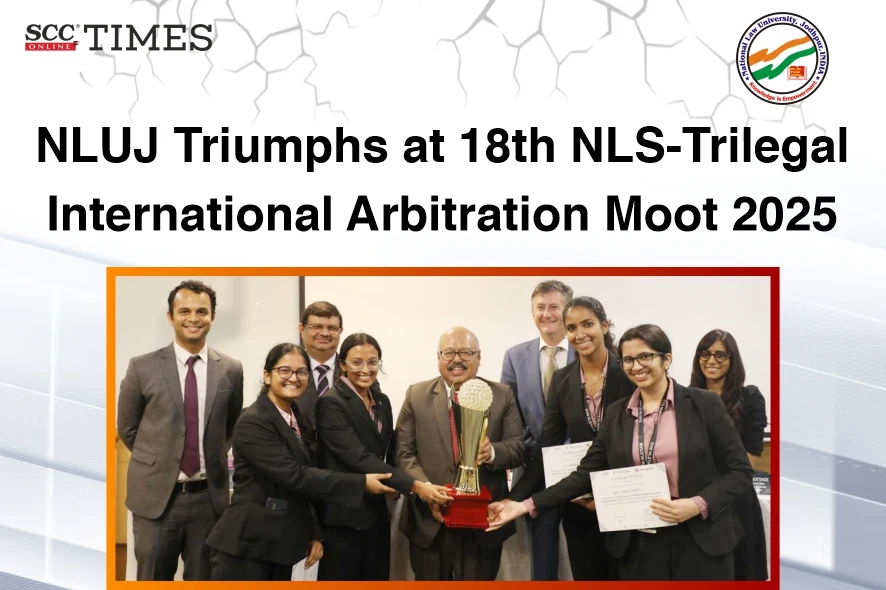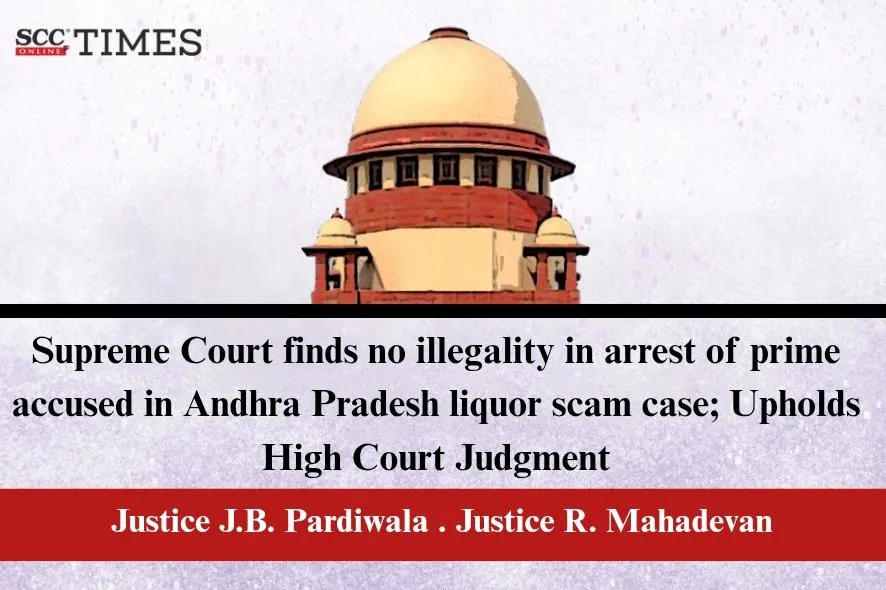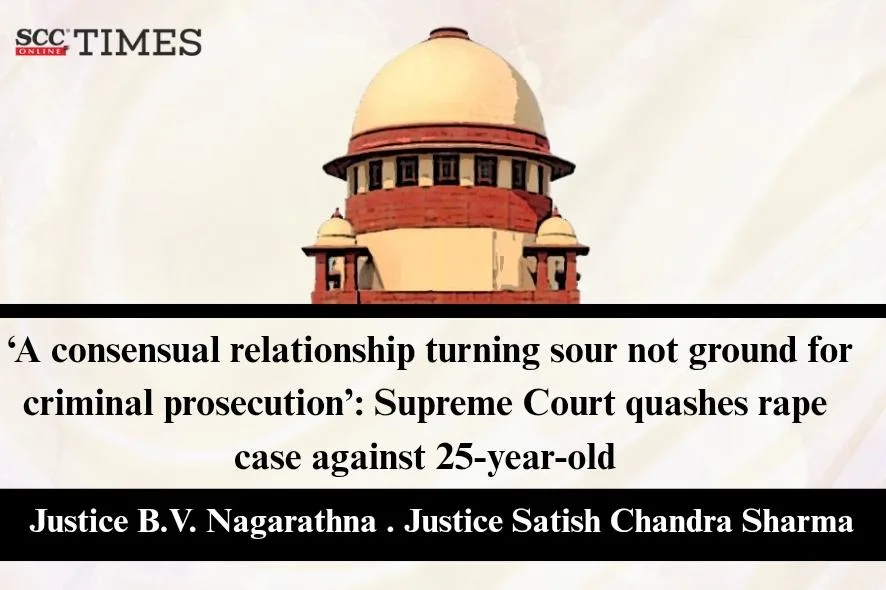Meghalaya High Court: While disposing off the petition, the division bench comprising of Sanjib Banerjee, CJ. and W. Diengdoh, J. set aside the conviction order which was directed against a judgment of conviction under Section 302 of the Penal Code, 1860 dated 04-10-2017 and the order of punishment of 11-12-2017 where he was sentenced to imprisonment for life.
State submitted that the perfunctory manner in which the matter was conducted by the trial court at the stage of Section 313 of the Criminal Procedure Code, 1973 (‘CrPC’) the appellate court may need to look into such aspect of the matter. The appellant also submitted that a fair opportunity was not afforded to the appellant to deal with the evidence apparently against him.
The Court explained that Section 313 of CrPC conceives of an opportunity being extended to the appellant in every trial for the purpose of enabling the appellant personally to explain any circumstances appearing in the evidence against him. Though no oath can be administered to the appellant in course of his examination by the trial court under Section 313 of the Code and the appellant, as a consequence, does not render himself liable to punishment by refusing to answer the questions or giving false answers thereto, the replies to the specific questions may be taken into consideration by the trial court while considering whether the appellant had committed the offence and the circumstances pertaining thereto.
The Court further reminded that it is the duty of the trial court to bring to the specific attention of the appellant the material that may be considered relevant in finding the appellant guilty. It would not do for the trial court to inform the appellant that the evidence had been adduced in full and call upon the appellant to offer his comments on the evidence.
The Court was of the opinion that in the present case, the records did not reveal that the exercise was appropriately conducted by the trial court. The recording of the statement of the appellant under Section 313 of the Code was without any questions being put to the appellant and without the material evidence that would weigh against the appellant being specifically pointed out to the appellant.
The Court considered the case of Nar Singh v. State of Haryana, (2015) 1 SCC 496 relied on by the State where it was held that it the duty and obligation of both the trial court and the appellate court under Section 313 of the Code and when the same is not appropriately conducted by the trial court, respectively. The Court accordingly set aside the judgment of conviction along with the order of punishment and remanded the matter back to the Trial Court for fresh conduct of the trial. Since the appellant had already undergone detention for over ten years, it was hoped that the District Council Court would make it convenient to conclude the trial within a month.
[Tengsal D. Sangma v. State of Meghalaya, 2022 SCC OnLine Megh 267, decided on 20-06-2022]
Advocates who appeared in this case :
Mr H.R. Nath with Ms B. Sun, Mr J.H. Mawphniang, Advocates, for the Appellant;
Mr K. Khan, Sr. GA with Mr S. Sengupta, Advocate, for the Respondents.
*Suchita Shukla, Editorial Assistant has reported this brief.


